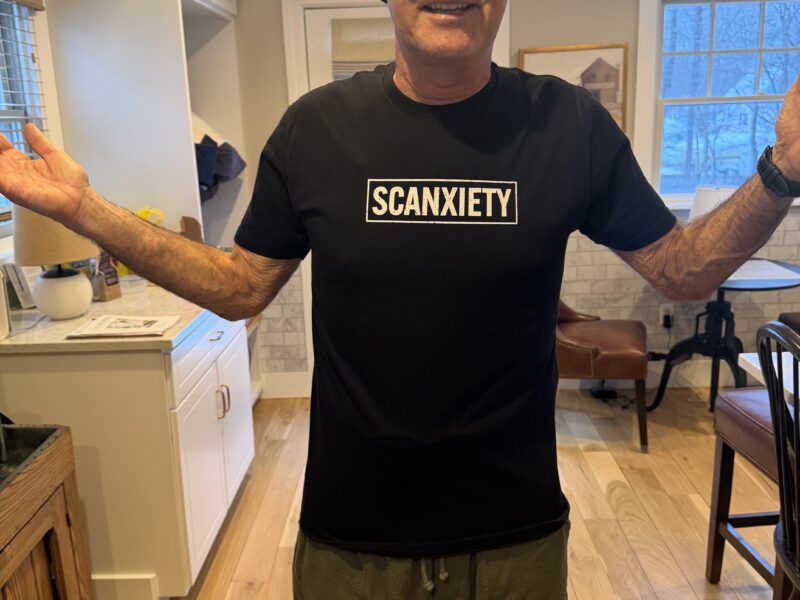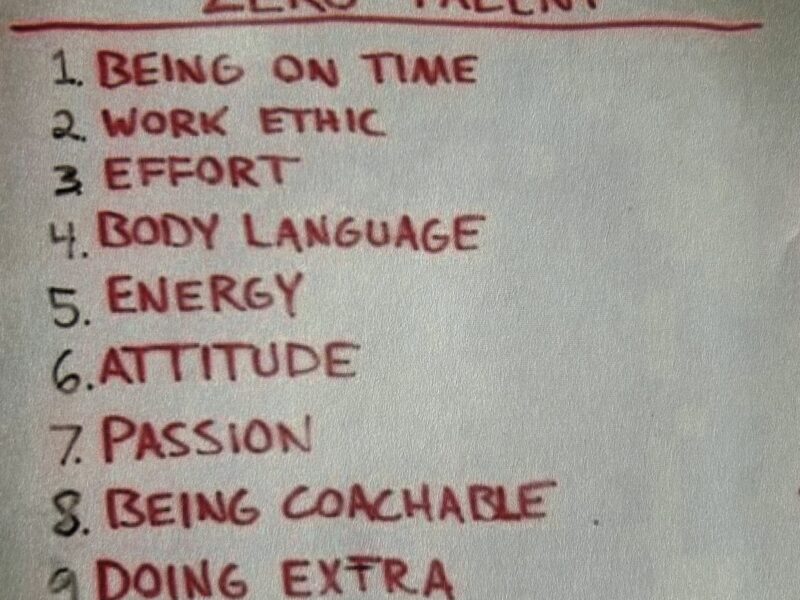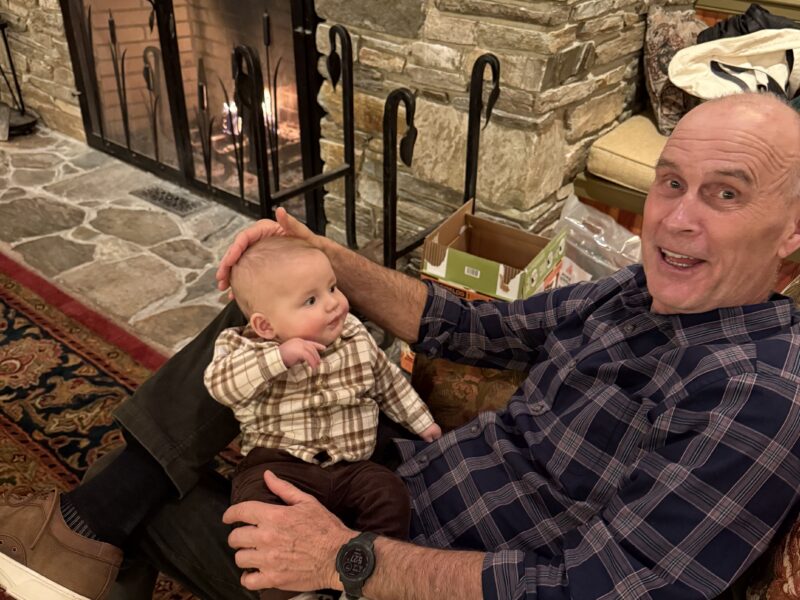Last week we had one of those “Only at Hyde” school meetings. Students put their teachers on the hot seat, offering live evaluations of their effectiveness (or lack thereof). As often happens in such meetings, many students were surprised by how seriously their teachers took the meeting. They seemed moved by the realization that their teachers actually cared what they thought.
The meeting also brought out an irony that has always surrounded such gatherings: Some students found themselves noting that some of their most meaningful lessons were learned from teachers that they didn’t think they even liked (or liked them). Shortly after the meeting I sent the following email to the school community:
That was a great school meeting today. It brought to mind a faculty retreat we had maybe 25 years ago where we were asked to identify the five teachers who had the greatest impact on our lives. Here was my run-down at the time:
- A teacher (English) and coach (lacrosse) I had in junior boarding school as an 8th grader;
- A teacher (history) and coach (football) from my Hyde student days;
- A professor of education from college;
- My college lacrosse coach;
- The president of the Boston life insurance company where I worked from 1983-85 (I was 29-31).
While I had many other great teachers, these were the ones who happened to be in my life when I happened to experience moments of profound personal growth.
Looking back, these five were not exactly the warm & fuzzy types. In fact,
- #1 was considered unfair and harsh by many. I wrote him when I was named head of school at Hyde in 1987, thanking him for teaching me how to write and play lacrosse;
- #2 died of a heart attack about 5 years ago. We had a major falling out in the early 80s and did not communicate for the last 25 years of his life;
- #3 died a number of years ago. I chuckle when I recall a line from the recommendation he wrote for my application to the Harvard Ed School: “Malcolm is a bright student. Not brilliant, mind you, but bright. You should admit him.” (Not only was that typical of his unsparing honesty, I think it was accurate.)
- #4’s stern and uncompromising demanding style came close to making me quit lacrosse a bunch of times. After four years of seemingly-getting-yelled-at-constantly, he got me my first job after college. This weekend a bunch of my teammates and I will go over to Bowdoin to celebrate his induction into the Intercollegiate Men’s Lacrosse Association Hall of Fame. (BTW, In 2010, I published a book called Show Up, Study, & Serve, dedicating it to both #3 and #4.)
- #5 came very close to firing me a couple of times during my first few months at the insurance company, calling my attitude and interpersonal demeanor “close to hopeless.” I wrote him a thank-you letter a couple of years after I left (in good standing!) the company. He never wrote back.
The point? Here’s something to consider for both the students and the teachers at today’s meeting…
Students: When I consider the above teachers, I give myself credit for giving their teaching a shot. My experiences with each of them taught me to care less about the style of their delivery and to try to place my focus on the value they were trying to get across to me. Question: Are you able to learn from a teacher whose style you dislike?
Teachers: I’ve always thought that teachers get 3 kinds of thank-yous:
1. The one you get on graduation morning;
2. The one you get years later resulting from delayed realizations;
3. The one you never get. (But you know you gave your best.)
I’ve come to value all three of these. And if no heartfelt recognition of your efforts came your way today, remember that I probably would not have chosen my own Top 5 while they were in my midst. Onward,
Post Script:
Last weekend, the celebration at Bowdoin in honor of #4 (Mort LaPointe) was awesome and inspiring. When I think of my ultimate take-away from my four years (1972-76) with him, it was as though he was saying to all of us: “None of you are going to take this as seriously as I do… But all of you are going to take it far more seriously than you ever intended.” He was Old School and he got results. (We were 45-11 during our four years at Bowdoin.) Although we may not have known it back then, he also loved us. Anyone who was in that room last week at Bowdoin could see that plain as day. Thanks, Coach.
Onward, Malcolm


